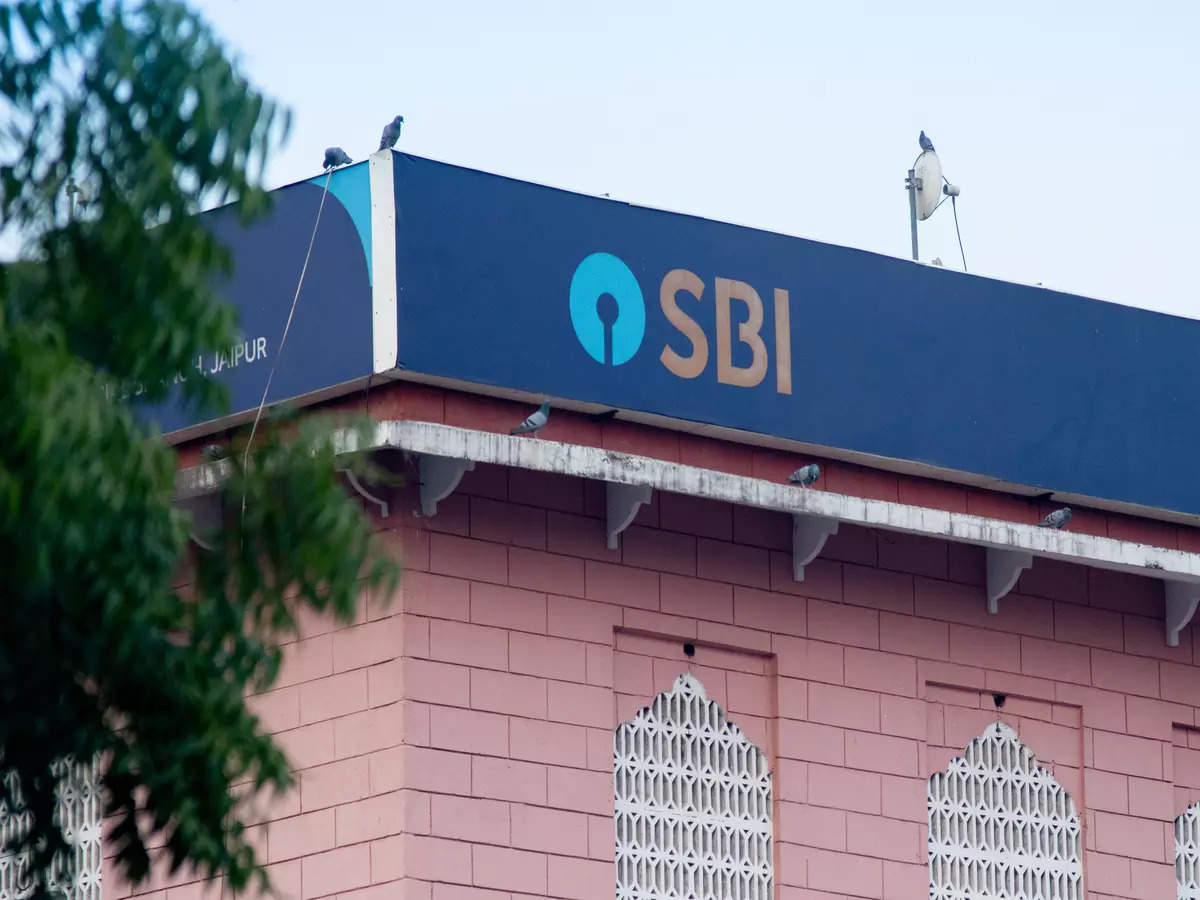“The Banking Ombudsman Scheme is an expeditious and inexpensive forum for bank customers for resolution of complaints relating to certain services rendered by banks. The Banking Ombudsman is a senior official appointed by the Reserve Bank of India to redress customer complaints against deficiency in certain banking services covered under the grounds of complaint specified under Clause 8 of the Banking Ombudsman Scheme 2006 (As amended up to July 1, 2017). The Banking Ombudsman does not charge any fee for filing and resolving customers’ complaints,” said the RBI in a frequently asked question (FAQ).
Who can file a complaint in the RBI Ombudsman Scheme?
As per the FAQ by the RBI, you can file a complaint before the Banking Ombudsman if the reply is not received from the bank within one month after the concerned bank has received your complaint, if the bank rejects the complaint, or if you are not satisfied with the reply given by the bank.
When can you file a complaint with the RBI through the Ombudsman Scheme?
As per the FAQ, the Banking Ombudsman can receive and consider complaints relating to deficiency in banking services including loans and advances.
Some examples of deficiency in banking services are:
- Non-payment or inordinate delay in the payment or collection of cheques, drafts, bills, etc.;
- Non-acceptance, without sufficient cause, of small denomination notes tendered for any purpose, and for charging of commission in respect thereof;
- Non-acceptance, without sufficient cause, of coins tendered and for charging of commission in respect thereof;
- Non-payment or delay in payment of inward remittances ;
- Failure to provide or delay in providing a banking facility (other than loans and advances) promised in writing by a bank or its direct selling agents;
- Delays, non-credit of proceeds to parties’ accounts, non-payment of deposit or non-observance of the Reserve Bank directives, if any, applicable to rate of interest on deposits in any savings, current or other account maintained with a bank ;
- Complaints from Non-Resident Indians having accounts in India about their remittances from abroad, deposits, and other bank-related matters;
- Delays in sanction, disbursement, or non-observance of prescribed schedule for disposal of loan applications;
- Non-acceptance of application for loans without furnishing valid reasons.
When will the RBI not accept a complaint under the Ombudsman Scheme?
As per the RBI, these are some of the situations where a complaint will not be taken:
- If you have not approached his bank for redressal of his grievance first.
- If you did not make the complaint within one year from the date of receipt of the reply from the bank or if no reply was received, and the complaint to the Banking Ombudsman is made after the lapse of more than one year and one month from the date of complaint made to the bank.
- If the subject matter of the complaint is pending disposal / has already been dealt with at any other forum like a court of law, consumer court, etc.
- If the subject matter of the complaint is not about the grounds of complaint specified under Clause 8 of the Banking Ombudsman Scheme. If the complaint is for the same subject matter that was settled through the office of the Banking Ombudsman in any previous proceedings.
Where to file a complaint in the RBI Ombudsman?
As per the FAQ, you may complain to the office of the Banking Ombudsman under whose jurisdiction the bank branch complained against is situated.
“For complaints relating to credit cards and other types of services with centralized operations, complaints may be filed before the Banking Ombudsman within whose territorial jurisdiction the billing address of the customer is located,” said the RBI.
You will find the entire list and also the link to access the RBI Integrated Ombudsman Scheme here: https://rbi.org.in/Scripts/Complaints.aspx
Source link
 Vriddhi India Empowering You
Vriddhi India Empowering You





